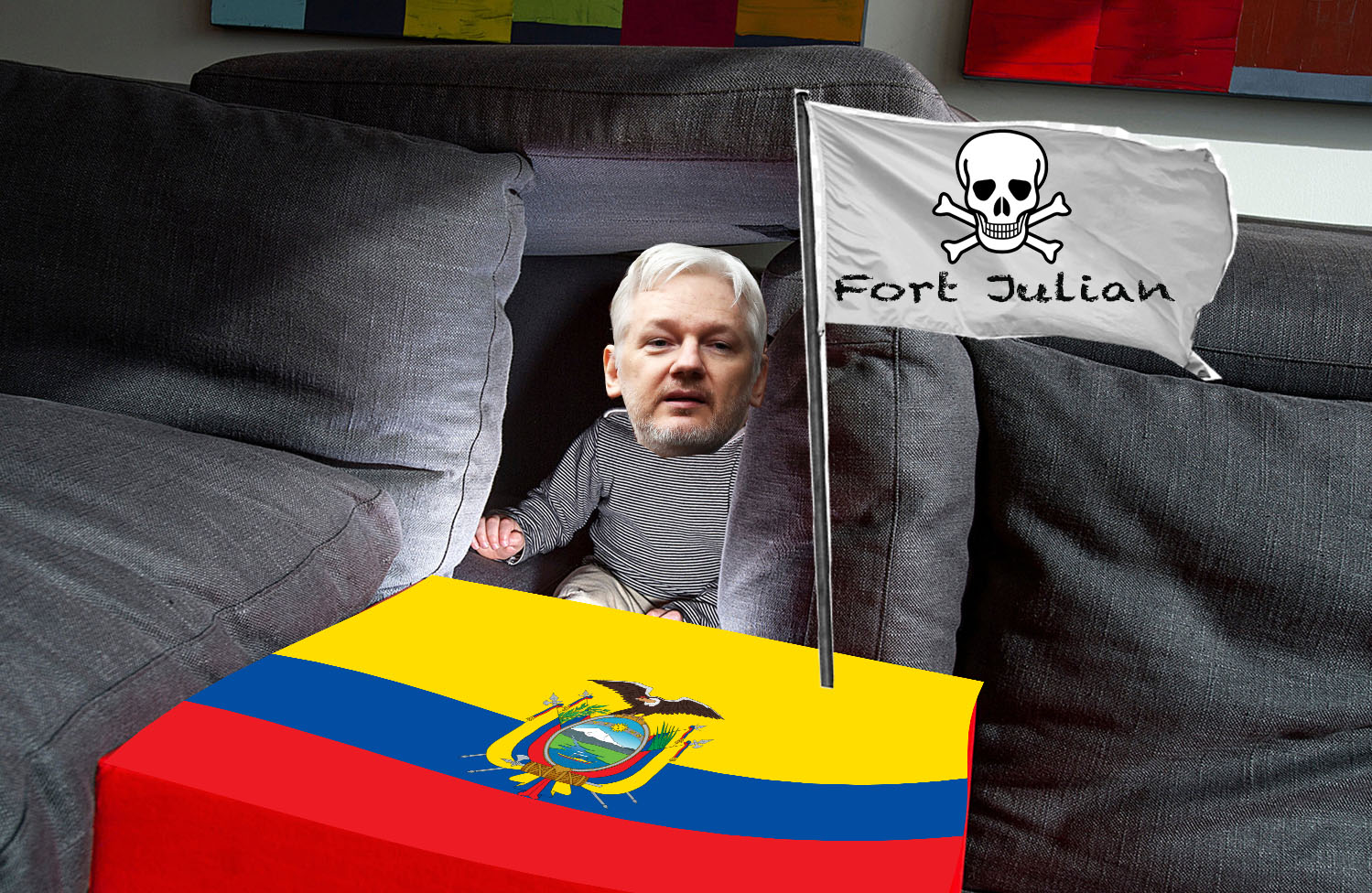If data is the new oil, then declassified data is like a source of energy that the government and oil companies know has the potential to overtake the petroleum market, and WikiLeaks is the country whose buildings, schools, and hospitals have beneath them the largest deposits of this energy in the world. Throwing it back about twelve years to 2006, WikiLeaks was founded to publish governmental, corporate, or religious documents that had previously been classified.
In the year after the website went live, WikiLeaks had over 1.2 million declassified documents in its database. Though this was, at the time, a significant amount of information released to the public by the site, it wasn’t until 2010 that WikiLeaks took center stage for the world to see. In April 2010, the whistleblower website posted released secret documents pertaining to American military involvement in Iraq and Afghanistan, including graphic “videos of U.S. bomb strikes on civilians,” according to the site at the time.
In the video released from WikiLeaks, an airstrike from an Apache helicopter gun-sight shows the unprovoked attack on Iraqi civilians that resulted in the death of twelve people, among them was Reuters photographer, Namir Noor-Eldeen. The released video, albeit graphic and desensitizing, was the first glimpse Americans got into what actually takes place between the U.S. military and the countries they engage in conflict.
“From my human point of view, I couldn’t believe it would be so easy to wreak that kind of havoc on the city, when that can’t see what is really going on there.”
–Daniel Schmitt, Spokesman, WikiLeaks April 2010
Fast forward to present day, and Julian Assange, WikiLeak’s iconic founder, has been living in the Ecuadorean Embassy in London for six years to avoid extradition to his home country of Sweden for alleged rape charges, which he later revealed was a cover meant to protect him from being tried in the US for the actions of WikiLeaks.
While in residence at the Embassy, Assange, and his WikiLeaks platform have continued to release hundreds of thousands of incriminating documents including the infamous emails from Hillary Clinton’s campaign and the Democratic National Committee during the 2016 US Presidential election. On Friday, it was discovered that the United States Justice Department (DOJ) recently filed criminal charges against Mr. Assange, claiming that WikiLeaks was responsible for Russian involvement in the 2016 Presidential election.
Not only was “the court filing made in error,” says Joshua Steve, a spokesman for the United States attorney’s office for the Eastern District of Virginia, but the contents of the filing have no connection to the case being built by the DOJ against Assange. The court filing, made by the District Court of Virginia, states the government’s motion to “seal criminal complaint and supporting documents” related to criminal charges against Seitu Sulayman Kokayi, an individual charged with “coercion and enticement of a minor.”
The filing goes onto describe the court’s justification for sealing the documents related to Mr. Kokayi’s case, but not before sneaking in a line about Julian Assange, effectively charging him for his data-releasing crimes:
“The complaint, supporting affidavit, and arrest warrant, as well as this motion and the proposed order, would need to remain sealed until Assange is arrested in connection with the charges in the criminal complaint and can therefore no longer evade or avoid arrest and extradition in this matter.”
–United States Of America vs. Seitu Sulayman Kokayi
Though the secret, suspicious, and most definitely not subtle move by the District Court of Virginia is still being investigated in terms of legalities, the notion that an individual in the US could be charged for releasing public information in line with First Amendment rights to freedom of the press, this would set a precedent that could potentially hinder the journalistic freedoms of our country’s press core.
“The news that criminal charges have apparently been filed against Mr. Assange is even more troubling than the haphazard manner in which that information has been refilled. The government bringing criminal charges against someone for publishing truthful information is a dangerous path for a democracy to take.”
–Barry Pollack, Legal Counsel for Julian Assange





